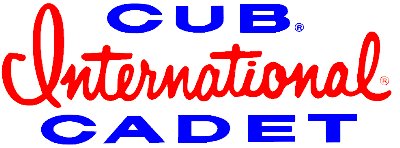jonrick
Well-known member
I had been trying to track down an issue where my 1450s throttle was slipping when going up hills and issues with the governor surging sometimes. Well, today I discovered the likely culprit. When I went to do an oil change, the act of pulling on the wrench to take the drain plug out shifted the entire engine in the cradle. This also makes sense why I've heard some odd sounds from the drive system. I had assumed they were just loose engine cowls vibrating. I feel like an idiot for not picking up on this earlier and really hope I haven't done any permanent damage. I guess this is why they call it experience.
Upon further investigation I discovered only one bolt that secures the engine to the cradle was left. My questions for you experienced gents are: how many bolts are used to secure the engine itself to the cradle? What size are they supposed to be? And do I need special washers? (I noticed that the one bolt that's left does not snug down when tightened all the way.)
This is the first oil change I've done as the PO had done one right when I bought the tractor.
Thanks!
Quick update: When I ran my finger around the bolt holes, they became covered in anti-seize. I'm guessing the over application of it by someone before me may have allowed the bolts to vibrate loose and fall out.
Upon further investigation I discovered only one bolt that secures the engine to the cradle was left. My questions for you experienced gents are: how many bolts are used to secure the engine itself to the cradle? What size are they supposed to be? And do I need special washers? (I noticed that the one bolt that's left does not snug down when tightened all the way.)
This is the first oil change I've done as the PO had done one right when I bought the tractor.
Thanks!
Quick update: When I ran my finger around the bolt holes, they became covered in anti-seize. I'm guessing the over application of it by someone before me may have allowed the bolts to vibrate loose and fall out.
Last edited:




















































